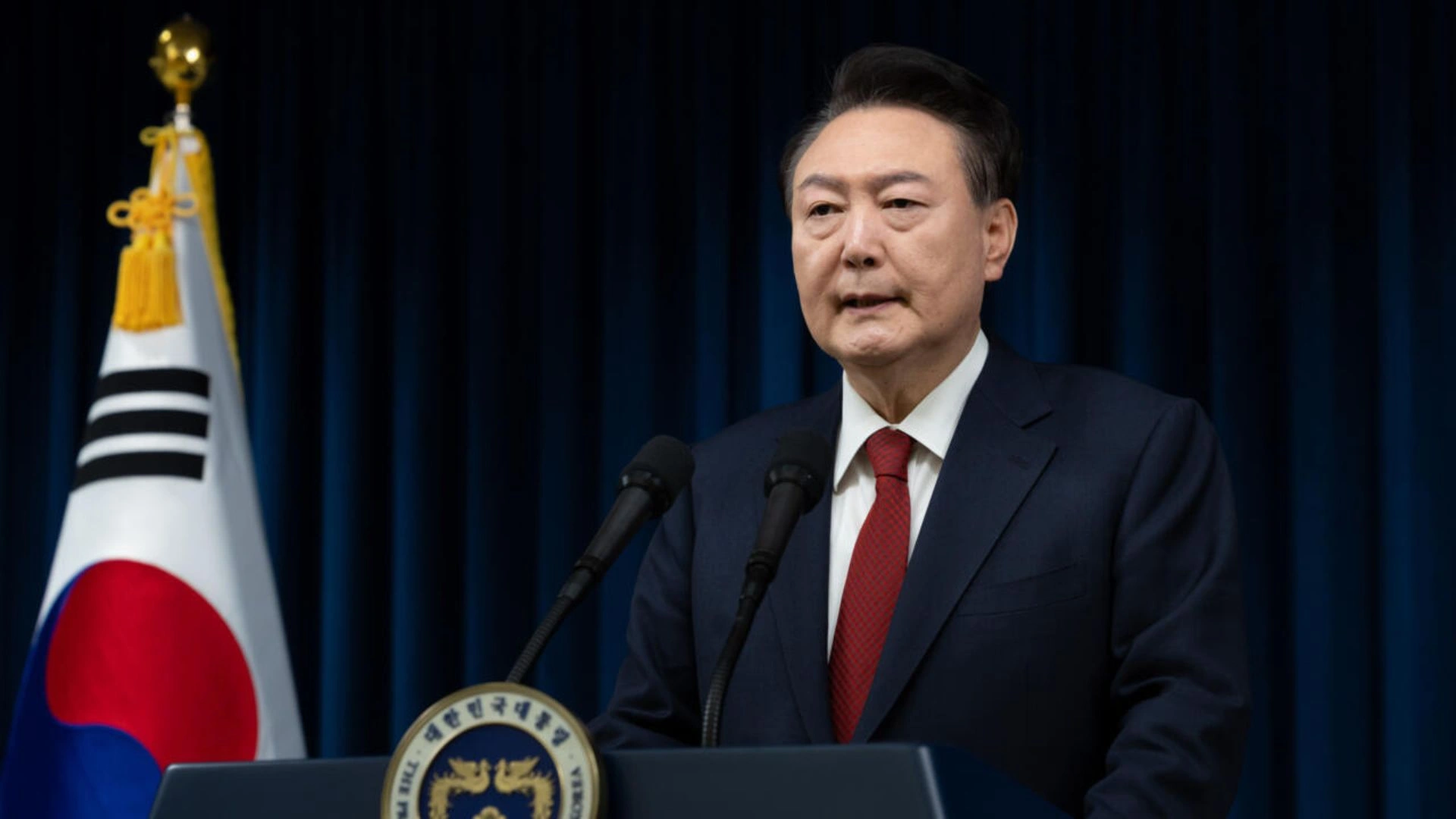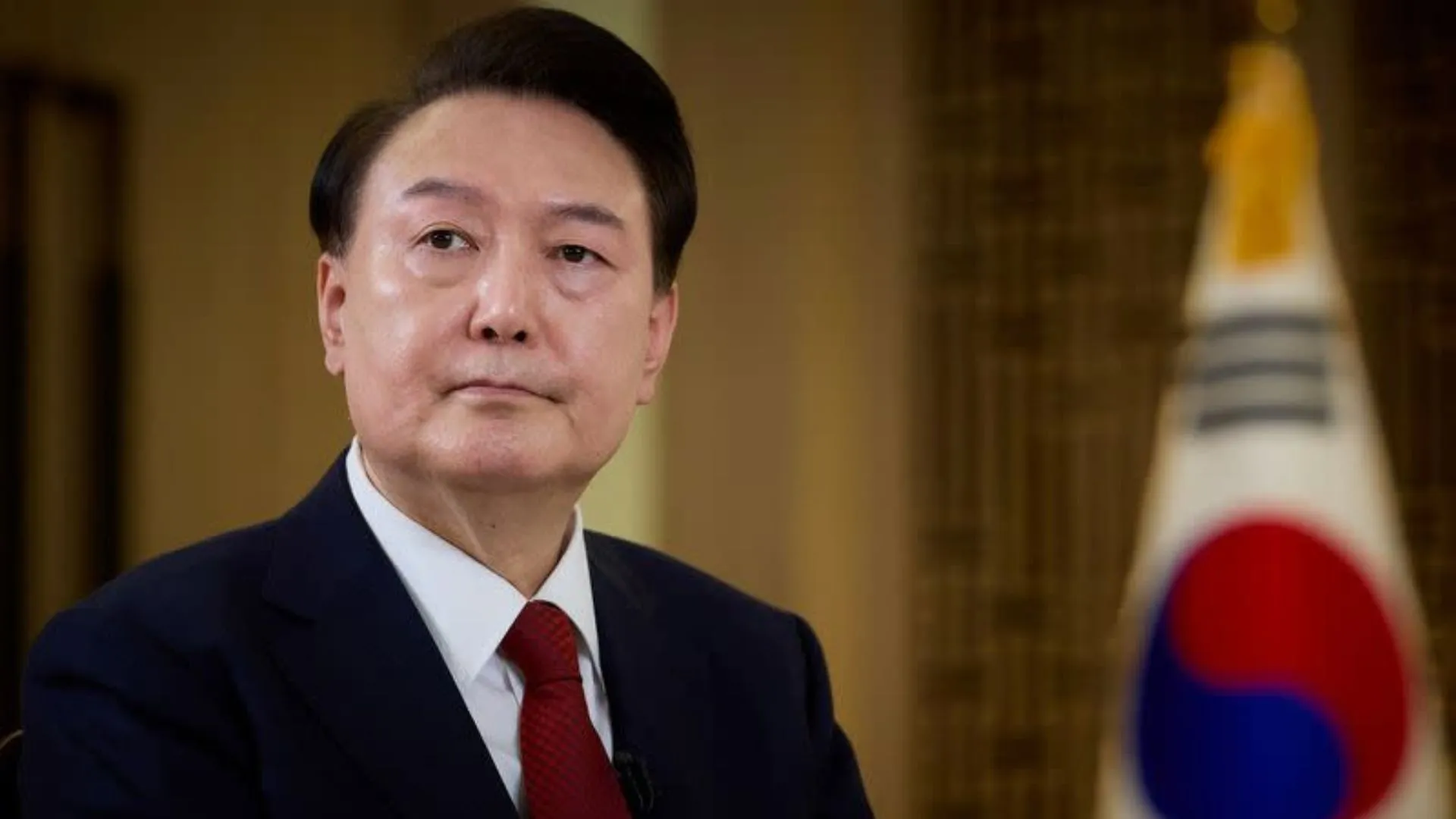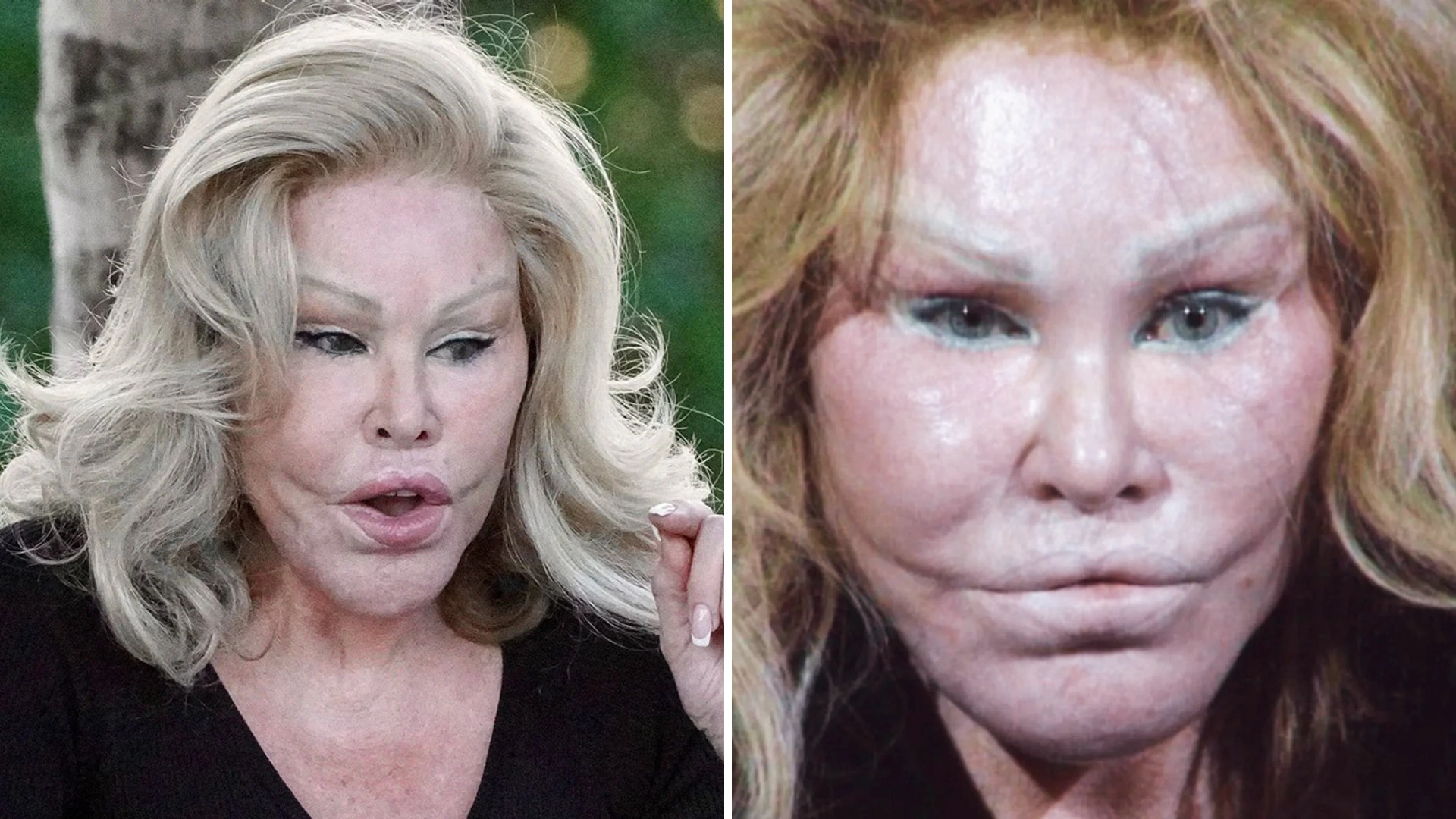A South Korean court issued an arrest warrant for President Yoon Suk-yeol, who had been impeached earlier this month. The warrant related to Yoon’s controversial martial law declaration, marking an unprecedented move in the nation’s political history.
It approved the warrant on Tuesday following a request from the Joint Investigation Headquarters. The investigative body accused the conservative leader of insurrection and abuse of power. This is the first time a sitting South Korean president will face potential detention.
Yoon was impeached on December 14 in a decisive 204-85 vote by the National Assembly, suspending him from office. The charges are linked to his brief imposition of martial law on December 3, a move that has sparked nationwide outrage and plunged South Korea into its most significant political turmoil in decades.
Severe Charges Could Lead To Life Sentence
The beleaguered leader now risks serious legal penalties, including the possibility of a life term or even the death penalty, if convicted. The charges, according to some legal analysts, reflect the seriousness of his actions in undermining South Korea’s democratic framework, according to his critics.
The declaration of martial law, which lasted mere hours, had been severely condemned both domestically and internationally as an overreach of presidential authority. Opposition parties and civil rights groups rallied against Yoon’s actions, demanding accountability and a recommitment to democratic principles.
However, investigators remain indecisive about the timing of arrest based on the warrant raised. Their previous attempts at searching the presidential office are frustrated by Yoon’s team.
Legal Team Against Validity Of Warrant
Yoon maintains that investigators do not possess any legal grounds to press an arrest warrant against her, adding to the murkiness surrounding the case presented against the suspended leader.
The president maintains his controversial martial law decision, arguing that it belongs to his constitutional rights.
A separate trial will try to decide whether Yoon is reinstated or permanently ousted from office. The court’s next hearing is scheduled on January 3 with its final ruling in June.
South Korea has had political scandals involving presidents before, but this case is historic. Observers believe the legal process will have far-reaching implications for the country’s political landscape.
ALSO READ | ‘Elon Musk Wants To Weak Europe’, Says Germany’s Vice Chancellor Robert Habeck




















